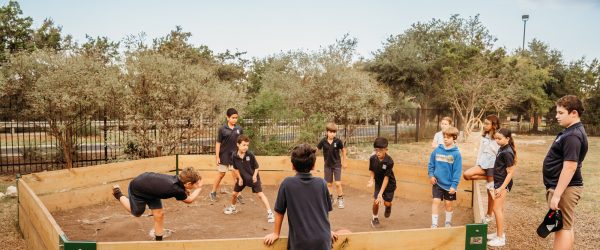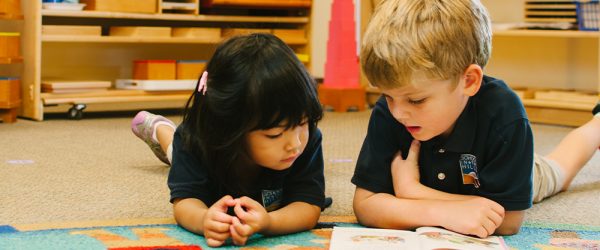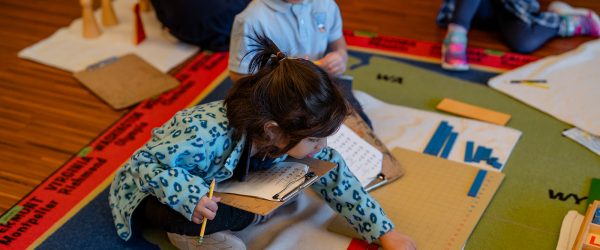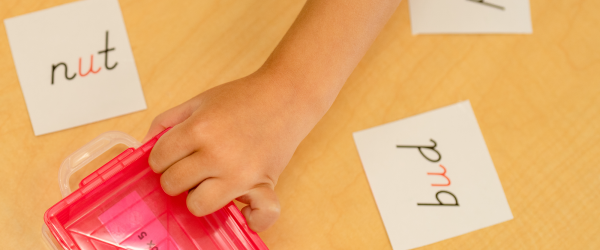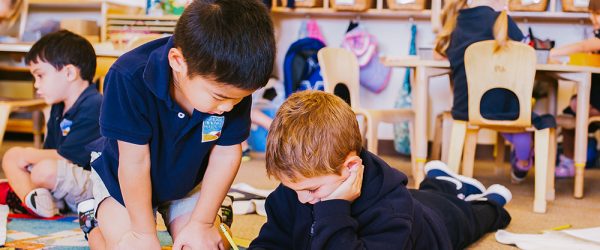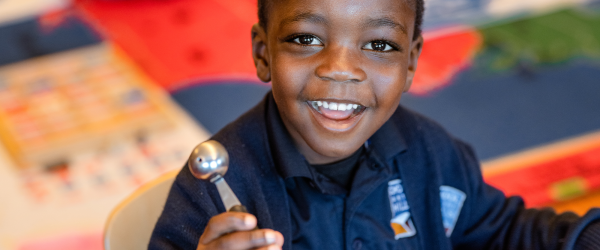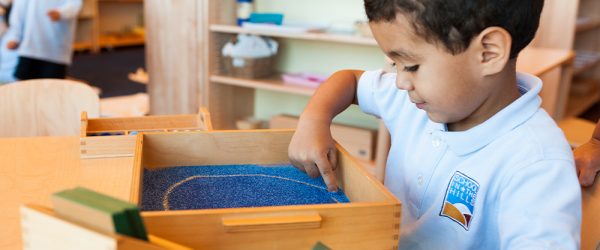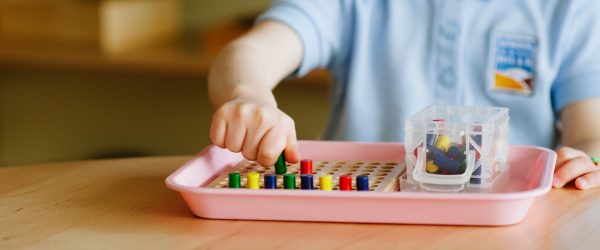“Feeling one’s own value, being appreciated and loved by others, feeling useful and capable of production are all factors of enormous value for the human soul.”
– Maria Montessori
The Montessori method is renowned for its ability to foster confidence in children by empowering children to develop a strong sense of self-assurance and belief in their abilities by providing a supportive and stimulating environment. Let’s explore how the Montessori approach builds confidence at School in the Hills.
Supportive Environment:
In a Montessori classroom, children are encouraged to explore and engage with various materials independently. With this in mind, our environment is carefully designed to promote self-discovery, freedom of choice, and hands-on learning. This approach allows children to take ownership of their learning process, boosting confidence as they make their own decisions and learn from their experiences.
Individualized Learning:
Montessori education recognizes each child has unique strengths, interests, and learning styles. Our Montessori-trained guides tailor instruction to meet the individual needs of each student. This personalized approach enables children to progress at their own pace, ensuring they feel competent in their learning journey.
Hands-on Learning:
The Montessori method emphasizes learning through concrete, hands-on experiences. Children engage in practical life activities, sensory exploration, and manipulative materials that promote independent problem-solving and critical thinking. By actively engaging with their environment, children develop a deep understanding of concepts, leading to increased confidence in their abilities to tackle challenges.
Peer Collaboration:
Our Montessori classrooms at School in the Hills, encourage children to work collaboratively with their peers. This cooperative learning environment fosters a sense of community, empathy, and mutual respect. Through interactions with others, children gain confidence in their social skills, communication abilities, and ability to contribute meaningfully to group activities.
Promoting Independence:
From a young age, Montessori education encourages children to develop independence and self-reliance. Children can choose their work, organize it, and take responsibility for their learning. This autonomy instills confidence and self-esteem as children learn to trust their abilities and make decisions based on their interests and capabilities.
Celebrating Achievements:
Montessori classrooms provide opportunities for children to showcase their accomplishments. Teachers and peers acknowledge and celebrate each child’s progress and achievements, fostering a positive and supportive learning environment. This recognition helps children build confidence in their abilities and motivates them to continue their pursuit of knowledge and personal growth.
Montessori promotes confidence by providing a supportive environment, personalized learning experiences, hands-on activities, peer collaboration, fostering independence, and celebrating achievements. Through these strategies, Montessori education empowers children to become confident, self-motivated learners who strongly believe in their capabilities.
